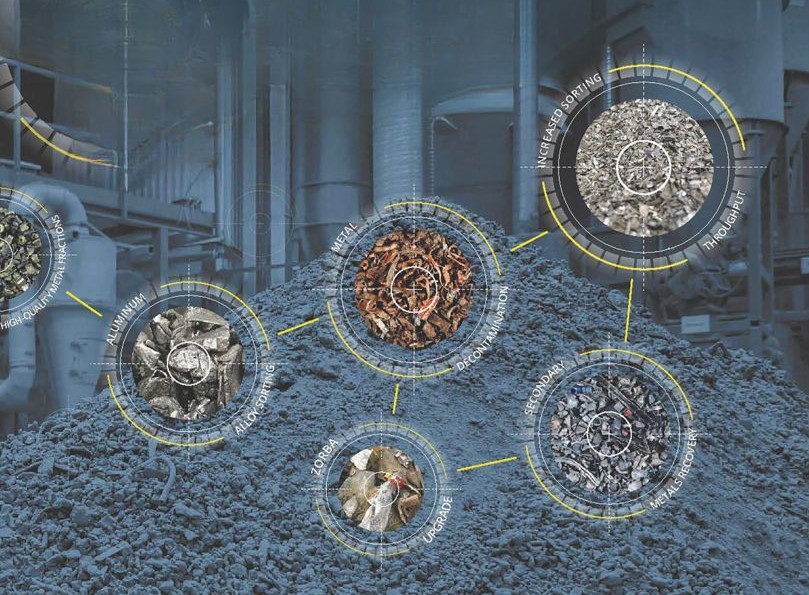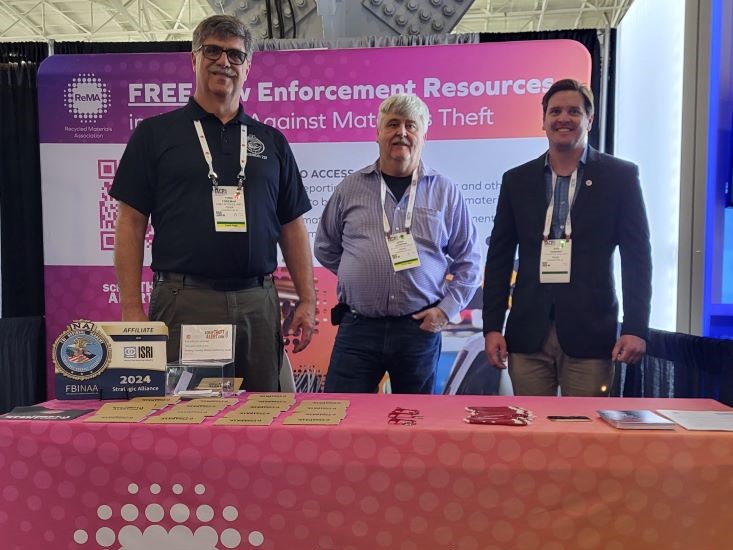Stopmetalstheft.com
FAQs
Questions about StopMetalsTheft.org or metals theft in general? Our FAQ page has answers to some of the most asked questions about this important resource.

Frequently Asked Questions
StopMetalsTheft.org
Stay Informed. Take Action. Prevent Theft.
Discover essential tools on state metals theft laws, theft alert systems, industry insights, law enforcement strategies, and more to fight against metals theft.
Laws
ReMA’s State Metal Theft Law Database helps visitors understand laws with pre-made or custom reports on the provisions and states that interest them.
FAQs
Questions about StopMetalsTheft.org or metals theft in general? Our FAQ page has answers to some of the most asked questions about this important resource.
Prevention
Tools and prevention techniques that limit the opportunity for the theft of metals, developed with crime prevention experts.
Resources
Tools and prevention techniques that limit the opportunity for the theft of metals, developed with crime prevention experts.
MetalTheftAlert.com
To combat the important issue of metals theft, ReMA has developed www.MetalTheftAlert.com, an online theft alert system that is available to law enforcement, recyclers, and property owners – free of charge.
Visit Website
Success Stories
Stories of success recovering stolen materials using ReMA’s MetalTheftAlert.com resource for recyclers and law enforcement.

Recycled Materials Association
Meet ReMA
Based in Washington, DC, we drive advocacy, workforce development and awareness of the critical role of recycled materials.
About ReMA
The Recycled Materials Association (ReMA) is the association for the recycled materials industry, representing more than 1,700 companies around the world.
Learn More About ReMA
Advocacy
ReMA’s advocacy efforts highlight the role of recycled materials in our economy, environment, supply chain, and beyond, at all levels of government.




